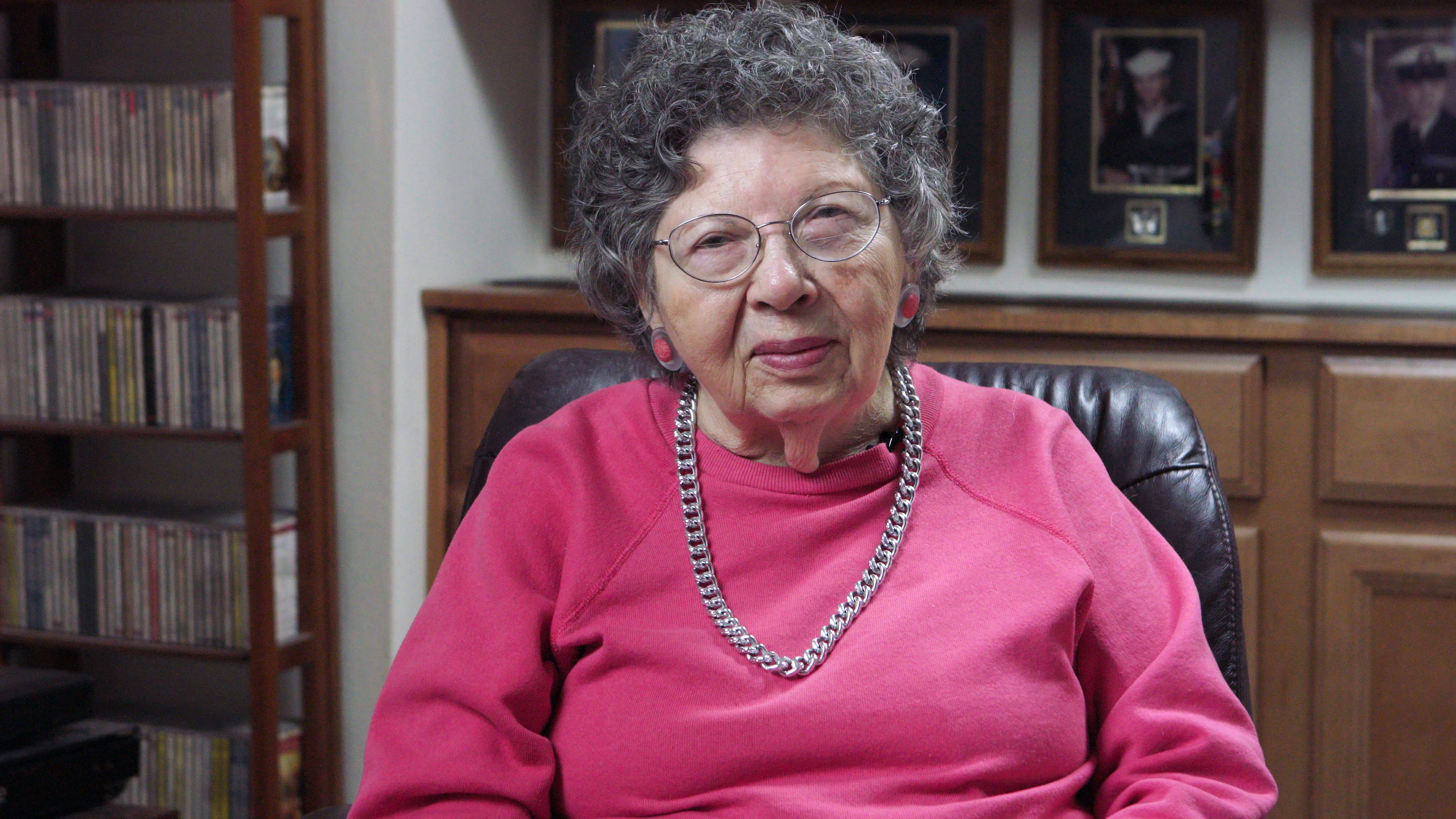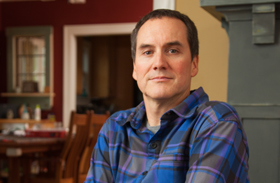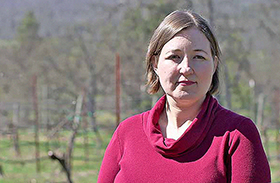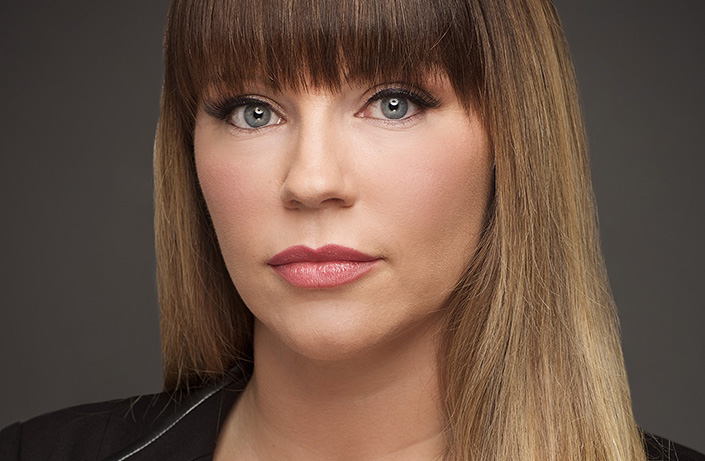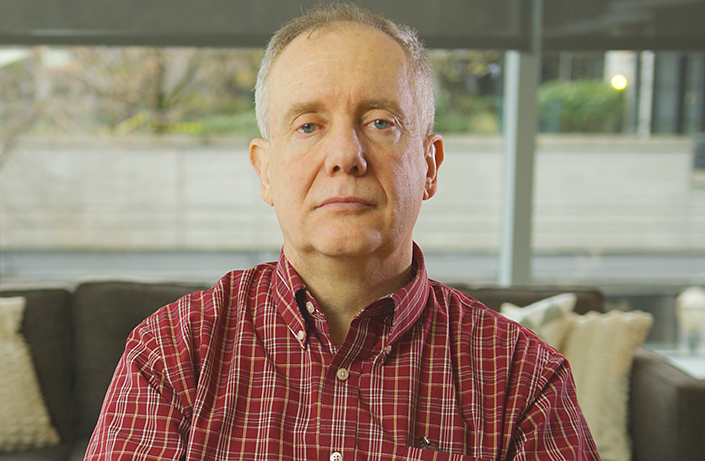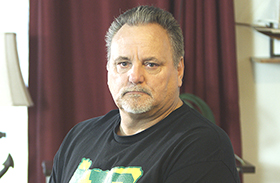Real People. Real Stories.

Birdie Creecy
Birdie Creecy’s husband, Lowell, went into the hospital for what they were told by his doctor would be a simple low back surgery. Right after the surgery, the doctor rushed away after telling Birdie it had gone well, but she knew something was terribly wrong. Lowell had lost all bladder control, his urine gushing to the floor. The doctor still sent him home. At home, the problems worsened. Lowell lost control of his bowels, needing Birdie to help him with his bodily functions and clean him up afterwards. Another doctor found Lowell had irreversible nerve damage from the botched surgery. His condition kept deteriorating, leaving Lowell wheelchair bound. There was no turning back. Medical expenses and home modifications to accommodate Lowell’s wheelchair depleted the Creecy’s life savings. The avid outdoorsman was homebound, heartbroken, and passed away well before his time with Birdie at his side.
When Birdie tried to hold the negligent doctor accountable, she learned, in Oregon, we have an arbitrary, one-size fits all limit placed on the value of one’s life; for the physical pain, mental suffering, emotional distress or change of lifestyle caused by someone else’s negligence. It didn’t matter how egregious the negligence or the effect the negligence had on the rest of Lowell’s life, the plans they had made, the monumental family events Lowell could no longer participate in, the moments he would miss. One size fits all justice was all Birdie and Lowell had. Read Lowell and Birdie’s full story in the testimony she gave to the Oregon Senate here.
Birdie’s son, Donald, also testified in front of the Oregon Senate. Donald is a lawyer who spent the majority of his career defending corporations of wrongdoing. Seeing what his parents went through, Donald quickly realized just how much arbitrary caps inflict harm on our most vulnerable, those on fixed incomes, like Oregon’s seniors. He believes a jury should decide how to hold those who cause harm accountable on a case-by-case basis. Read Donald’s compelling testimony here.


